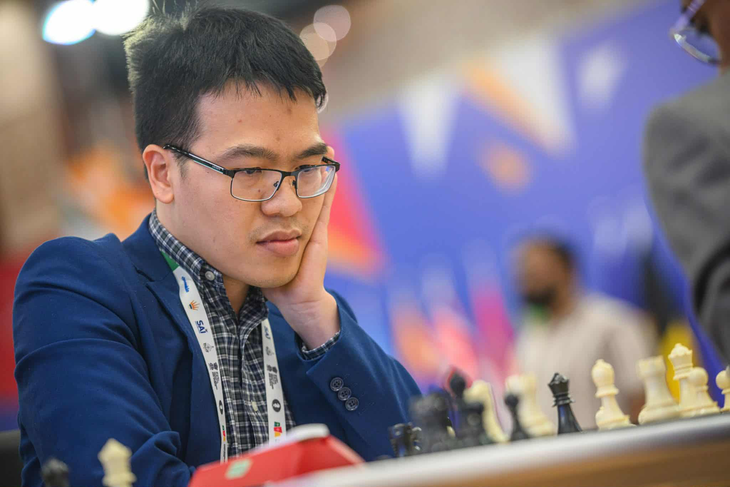
Le Quang Liem is a typical example of Asian intelligence on the chessboard - Photo: FIDE
Asians increasingly dominate chess
Indeed, except for the No. 1 position of Magnus Carlsen - a genius who is considered a once-in-a-century chess genius, most of the top 25 strongest players in the world are in the hands of Asians or Asian-origin people.
There are five Indians, three Chinese, two Uzbeks, and one Vietnamese. And if we include the term “Asian,” the list adds up.
That is Anish Giri - the world's number 5 player, of Indian-Japanese descent, or the world's number 2 player - Hikaru Nakamura - an American of Japanese descent. Not to mention the Eastern European players of Central Asian descent in the former Soviet bloc.
In the group of popular sports, Westerners dominate almost completely, thanks to advanced technology and science , plus physical advantages.
But chess - the intellectual sport - is an exception. And of course in Chinese chess and Go, Asians dominate even more.
Overall, Asians are better at chess than Westerners. And this is an interesting sports science topic.
Modern scientific research suggests that a more plausible explanation lies in cognitive science, cultural environment, and mental sports training models, rather than genetic factors.
Neuroscientists say there is no evidence that a particular population possesses a particular gene that makes them better at chess.
However, research published in PLOS ONE (author group Zhang, 2024) shows that cultural differences can shape differences in brain structure.
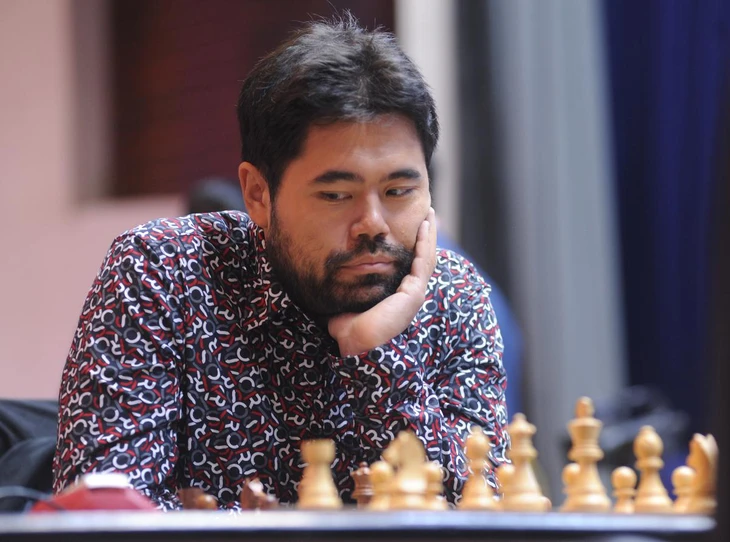
Japanese-American chess player Nakamura - Photo: FIDE
This work documents a link between East Asian cultures' emphasis on memory and discipline and the development of the prefrontal cortex, an area involved in working memory and the ability to maintain concentration.
The research team's conclusion does not assert innate superiority, but does state that “long-term cultural experience may impact cognitive function.”
Eastern people focus on formal education, which involves a lot of memorization, carefulness and neatness.
These are very important skills in intellectual chess games, which require patience, long-term calculation and intense concentration for many hours.
Culture suitable for playing chess
Another approach comes from sports science and professional psychology. Since the 1980s, Professor Adriaan de Groot (Netherlands), who laid the foundation for the study of chess players' thinking, has pointed out that the difference between grandmasters is not in their general superhuman memory, but in their ability to recognize patterns.
Good players memorize positions in “chunks” based on experience, which helps them process information many times faster than the average person.
The famous CHREST model developed by Professor Gerard Gobet (France) and his colleagues continues to reinforce this statement.
Asian children's early exposure to chess, with its high repetition density, facilitates the formation of dense pattern recognition networks - a factor that can be considered a “practice specialty” of the region.
In parallel, East Asian education plays an important role. A study published in Frontiers in Psychology in 2025 analyzed the differences in how chess is taught in Asia and Europe, finding that in many East Asian countries, chess is integrated into schools to a greater extent, with the participation of teachers and parents.
The research team found that “students in East Asian countries have significantly higher levels of social support and practice frequency,” which creates a sustainable environment for the development of reasoning and tactical skills.
In addition, scientists also pay attention to the “imitation effect”. A 2023 study by Egor Lappo and Marcus Feldman (Stanford University) showed that chess strategies tend to spread in the community through the “success begets imitation” model: players tend to learn from masters who are respected by society.

Le Quang Liem (left) confronts China's Dinh Lap Nhan - Photo archive
In Asian cultures, where chess is viewed as a highly intellectual value, this contributes to the formation of denser generations of succession than in other regions.
The element of professional sports training cannot be ignored. In China, Japan or India, young players are trained in a similar model to high-performance athletes.
Many sports science studies in chess show that factors such as nutrition, stress tolerance, sleep quality and cognitive reflex training are all systematically applied.
When the training base is strong and the number of participants is large, the probability of creating outstanding talents increases. As a result, the generation of Asian players is getting younger and their achievements are getting more and more outstanding.
All this leads to an important conclusion: Asians are not good at chess because of genes, but because of the right cultural environment, training system, and cognitive science.
Chess is a mind sport that requires long-term accumulation, and East Asian society - with its tradition of promoting academics, perseverance, discipline and educational achievement - creates favorable conditions for children to be exposed early and go far.
Source: https://tuoitre.vn/vi-sao-nguoi-chau-a-gioi-choi-co-20251116081650187.htm


![[Photo] Prime Minister Pham Minh Chinh meets with representatives of outstanding teachers](https://vphoto.vietnam.vn/thumb/1200x675/vietnam/resource/IMAGE/2025/11/15/1763215934276_dsc-0578-jpg.webp)
![[Photo] General Secretary To Lam receives Vice President of Luxshare-ICT Group (China)](https://vphoto.vietnam.vn/thumb/1200x675/vietnam/resource/IMAGE/2025/11/15/1763211137119_a1-bnd-7809-8939-jpg.webp)
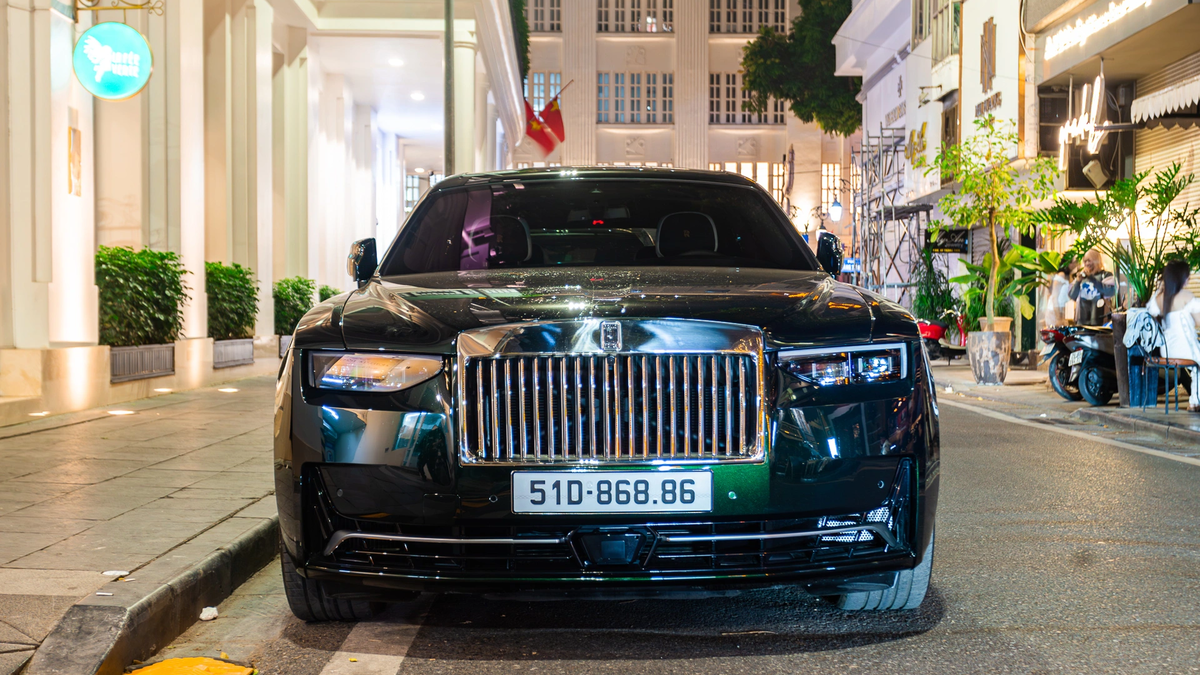



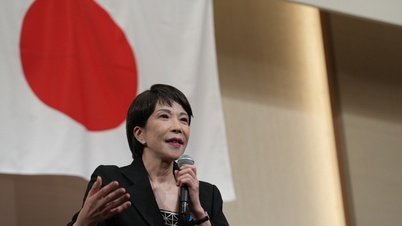

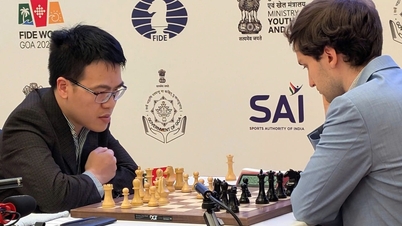



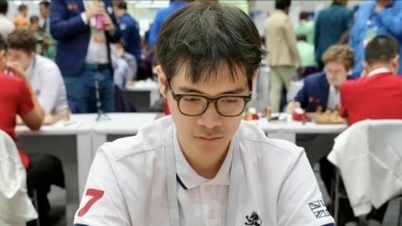

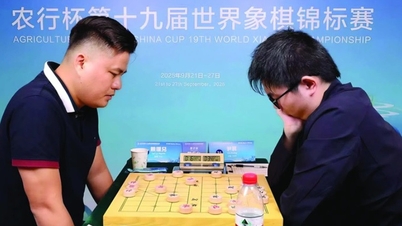
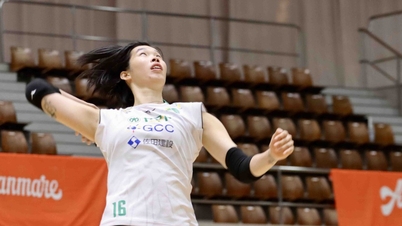
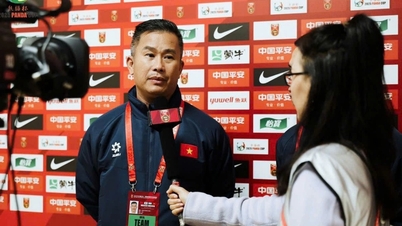

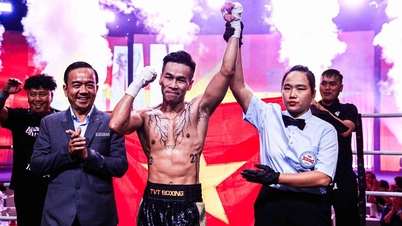

![[Video] Vietnamese sports unite, overcome difficulties, conquer new heights to welcome the 14th National Party Congress](https://vphoto.vietnam.vn/thumb/402x226/vietnam/resource/IMAGE/2025/11/16/1763280150645_nganh-the-thao-9690-jpg.webp)

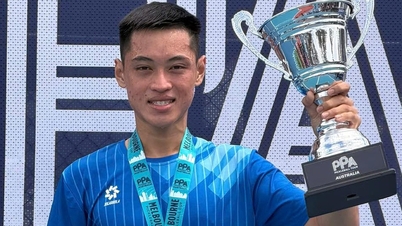
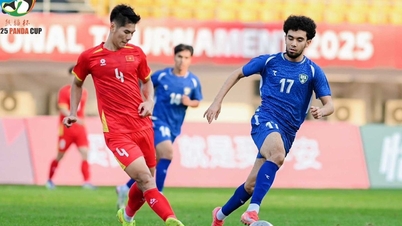


















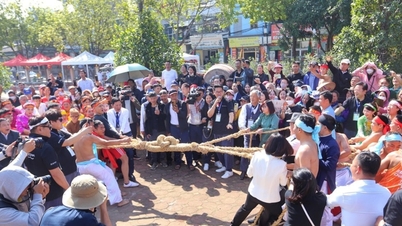




























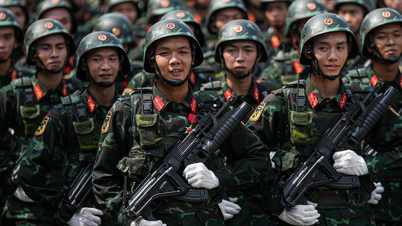









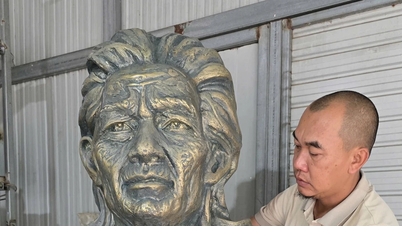

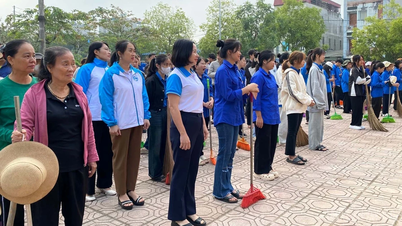



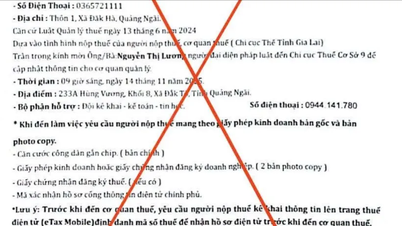


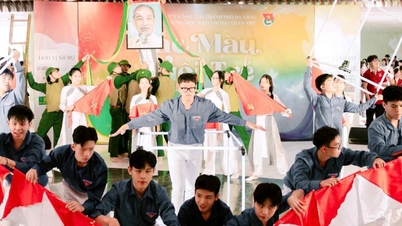













Comment (0)